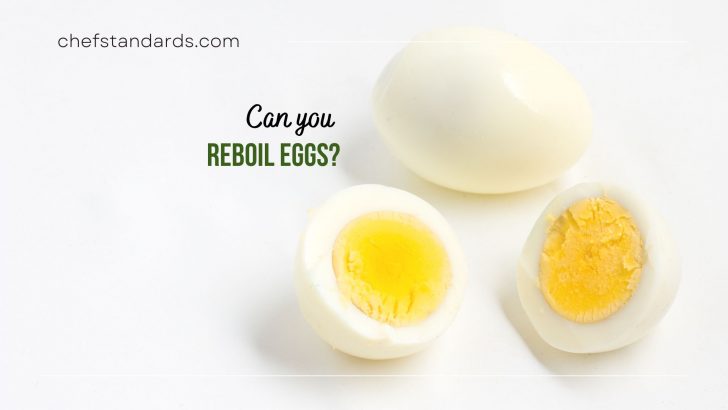You can cook them, bake them, eat them on their own, and incorporate them into all types of dishes. You can do various things with them in the kitchen. Yes, I am talking about one of the most versatile foods in the world, eggs.
Whether you are making deviled eggs or scrambled eggs, or you are just incorporating them into one of your favorite desserts or baked goods, one just can not imagine the day in the kitchen without them.
However, dealing with eggs is not an easy process at all and you have to know many things about food safety when it comes to eggs. Since one of the most popular ways of cooking eggs is boiling them in hot water, there are also a lot of questions related to this cooking process.
And one of the most asked questions is “Can you reboil eggs?”. And my answer is, “Yes, you can definitely reboil your eggs but it is essential that you know how to do that properly, as well as some other important cooking tips related to eggs.
So, in order to find out, it is best that you continue reading.
Can You Reboil Eggs?
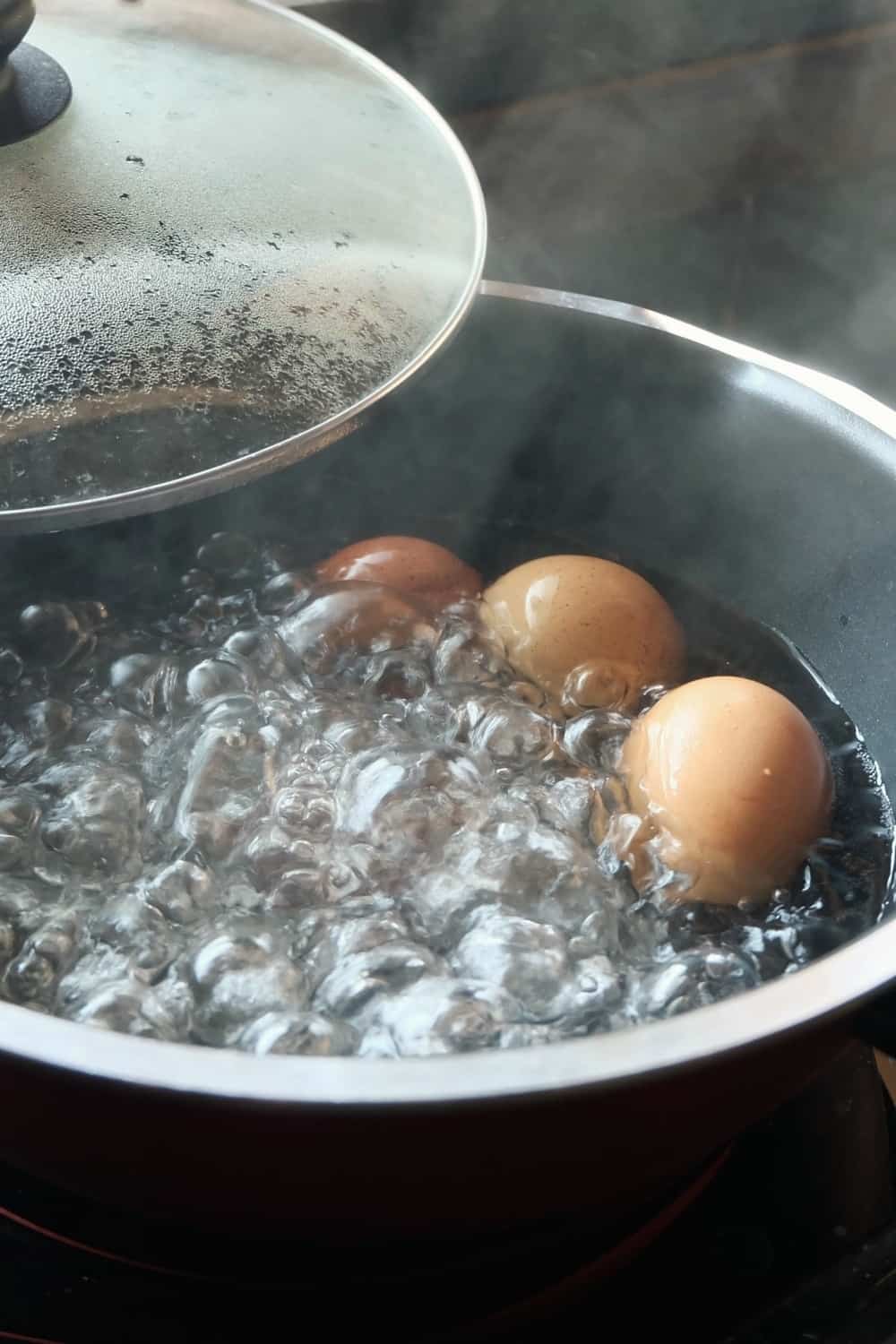
Since eggs are quite a sensitive type of food when it comes to cooking and handling in general, many people, especially home cooks, tend to ask a lot of questions. One of them is “Can you reboil eggs?”.
Yes, you can reboil your eggs. But, you can’t just do that in the way you want. You have to know some important facts. So, the main reason why people tend to reboil their eggs is that they are dealing with undercooked eggs. There are a lot of variations of undercooked eggs.
Some undercooked eggs are quite runny and most people don’t like that at all. Others are not so runny, but they are not hard either, so some people want to make them a little harder because they prefer that.
However, it is also important to avoid overcooked eggs by avoiding overcooking because they can be bad just like undercooked eggs. Because of that, you have to know the exact cooking time of your eggs.
And, finally, I also have to emphasize that you can’t just put your eggs in boiling water again right after boiling them in the first place. Instead, it is best to put them in the refrigerator for a few hours and then reboil them again.
But, in order to know how exactly you’ll reboil your eggs, the process is explained in detail below. So, let’s start.
How To Reboil Egg The Right Way?
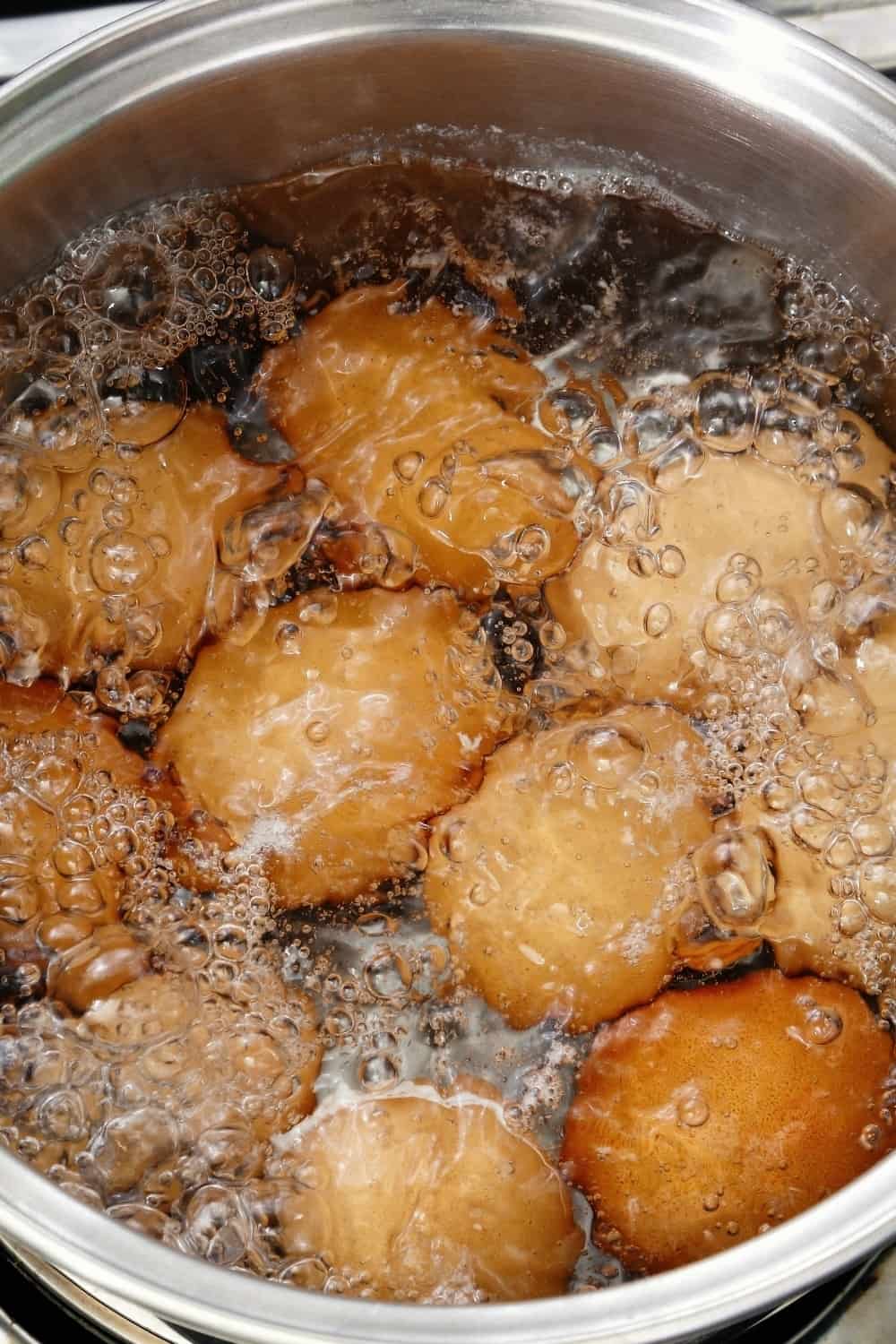
There are actually a few ways to reboil your eggs, but the best method is definitely on the stovetop. Aside from that, you can also use the bowl method which is quite good. You can microwave eggs as well, but that is a different story. So, let’s see what this is all about.
Reboiling Egg On The Stovetop
If you are dealing with unpeeled eggs that haven’t been boiled by your preference, it is best to put them back in the hot water and reboil. In order to do that correctly, it is essential to follow these steps.
STEP 1: You first need to transfer your already-boiled eggs and cold water to a pot. Make sure that the water covers the eggs.
STEP 2: Then, use high heat in order to achieve boiling hot water. Be careful that the hot water doesn’t sprinkle on you.
STEP 3: After you achieve the boiling water, you have to cook your eggs until they become as hard as you like. If you are dealing with a runny yolk, it is best to cook them for about 4-5 minutes so that the egg yolk becomes hard enough.
STEP 4: And finally, when the doneness is achieved, you can drain the hot water, rinse them with cold water, and enjoy your delicious eggs.
Reboiling Egg By Using Bowl Method
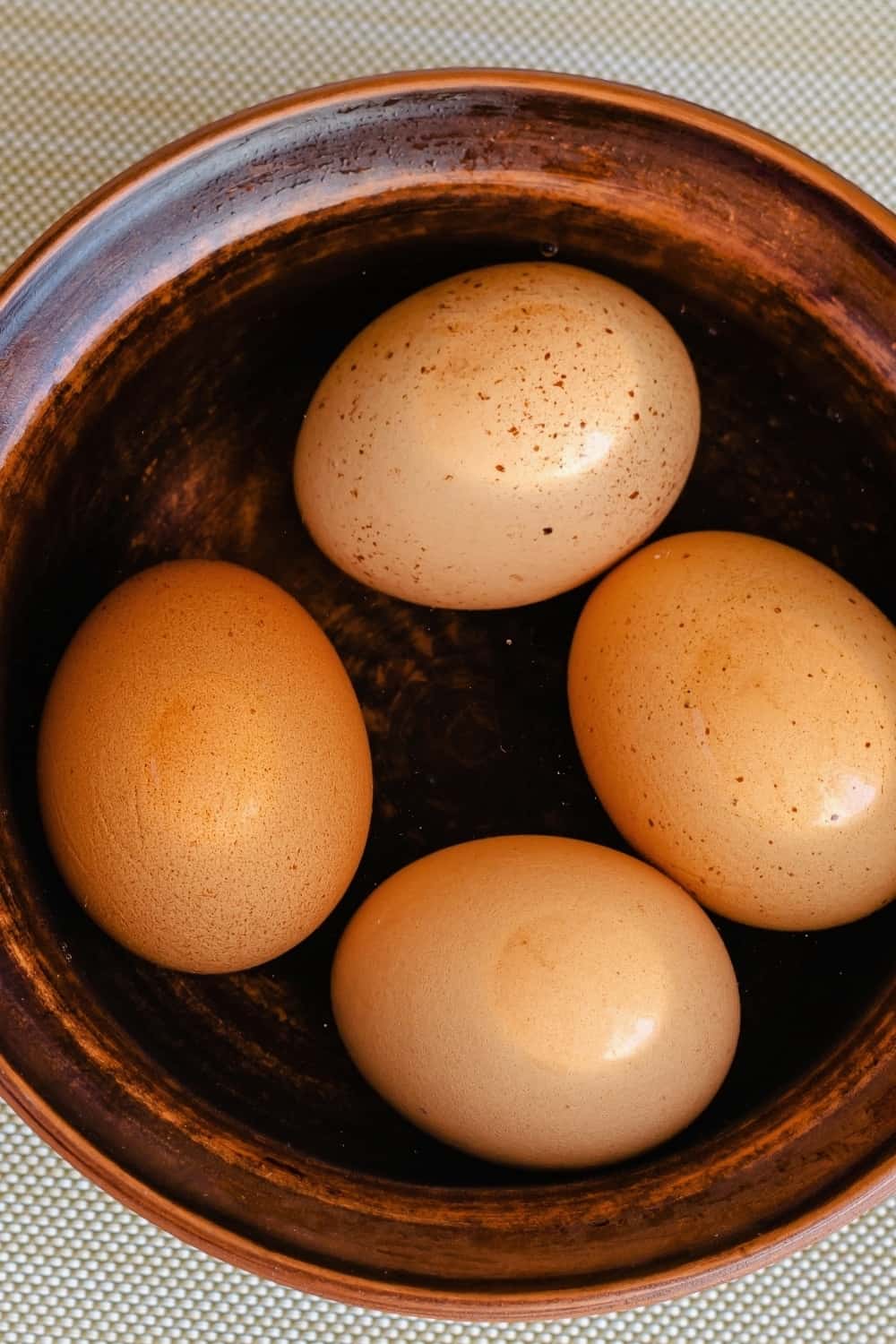
Another good method that you can use to reboil your eggs is to use the so-called bowl method. This is especially the case if your eggs were refrigerated for a few hours before reboiling. So, let’s see what the steps are.
STEP 1: You first have to put your eggs in a cup or bowl. Make sure that you use the type of cup or bowl that can handle boiling water.
STEP 2: After that, you must boil hot water on the stovetop.
STEP 3: After achieving boiling water, pour it on the eggs in a bowl or a cup until the eggs are fully covered.
STEP 4: Your next task is to cover the bowl or cup with a lid and let it stay there until the water becomes cold.
STEP 5: When the water is cool, you can take off the lid, pull out your eggs and check for doneness.
If your egg spins quickly, that is a sign of doneness. On the other hand, if it wobbles or spins for a short period of time, it might not be done yet, so it is not a bad idea to put it in the pot for one additional minute.
The Microwave Method
When it comes to the microwave method, it is a different story. You can only reheat your eggs in the microwave if the egg white has been separated from the egg yolk. Here are the steps.
STEP 1: Since the eggshell has been removed and the egg white and egg yolk are separated from each other, you’ll just put the yolk in the microwave-safe bowl.
STEP 2: Then, you will microwave the egg yolk in 30-second intervals until it darkens.
STEP 3: After that, you can freely pull out that egg yolk from the microwave and put it back into the egg white. You can enjoy your egg freely now.
NOTE: You shouldn’t keep eggs out of the fridge for longer than 2 hours, according to the USDA.
Can You Reboil Hard-Boiled Eggs?
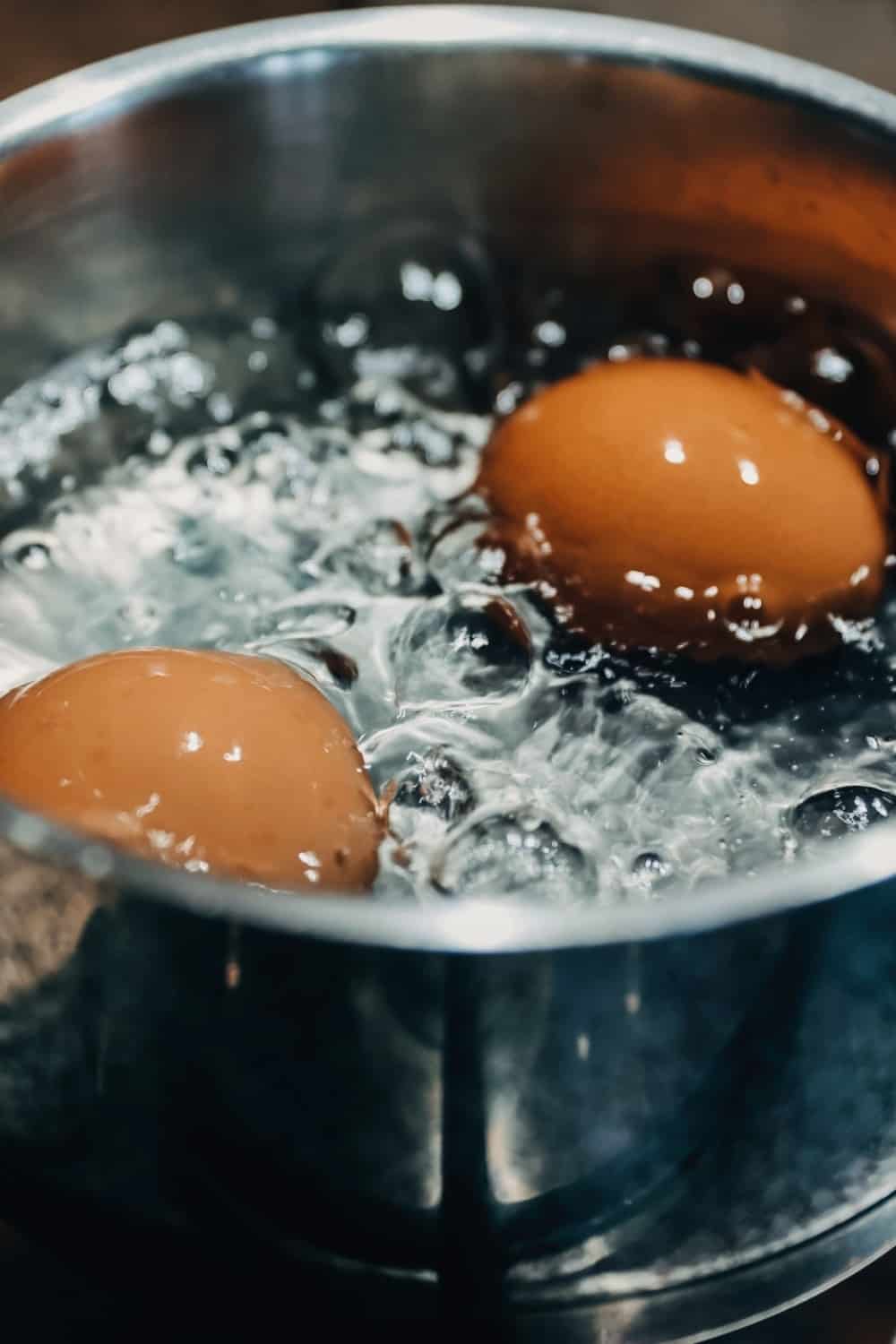
Yes, you definitely can reboil eggs after the first boil. In order to do that properly, it is best to use the bowl method. To do this properly, put those eggs in a bowl that is resistant to boiling water.
After that, you will use high heat to boil the water on the stovetop. When you achieve the hot boiling water, pour it on those eggs until they are fully emerged.
Let them stay in the hot water until it cools. That will take approximately 10 minutes. After those 10 minutes, you can enjoy your eggs. This is a great method because your eggs will get a bit harder, but the eggshell will become softer.
So, you will be able to peel it much easier after this process. I also have to emphasize that you should avoid reboiling your hard-boiled eggs in the microwave since they can explode because there is still moisture in them.
Can You Reboil Soft-Boiled Eggs?
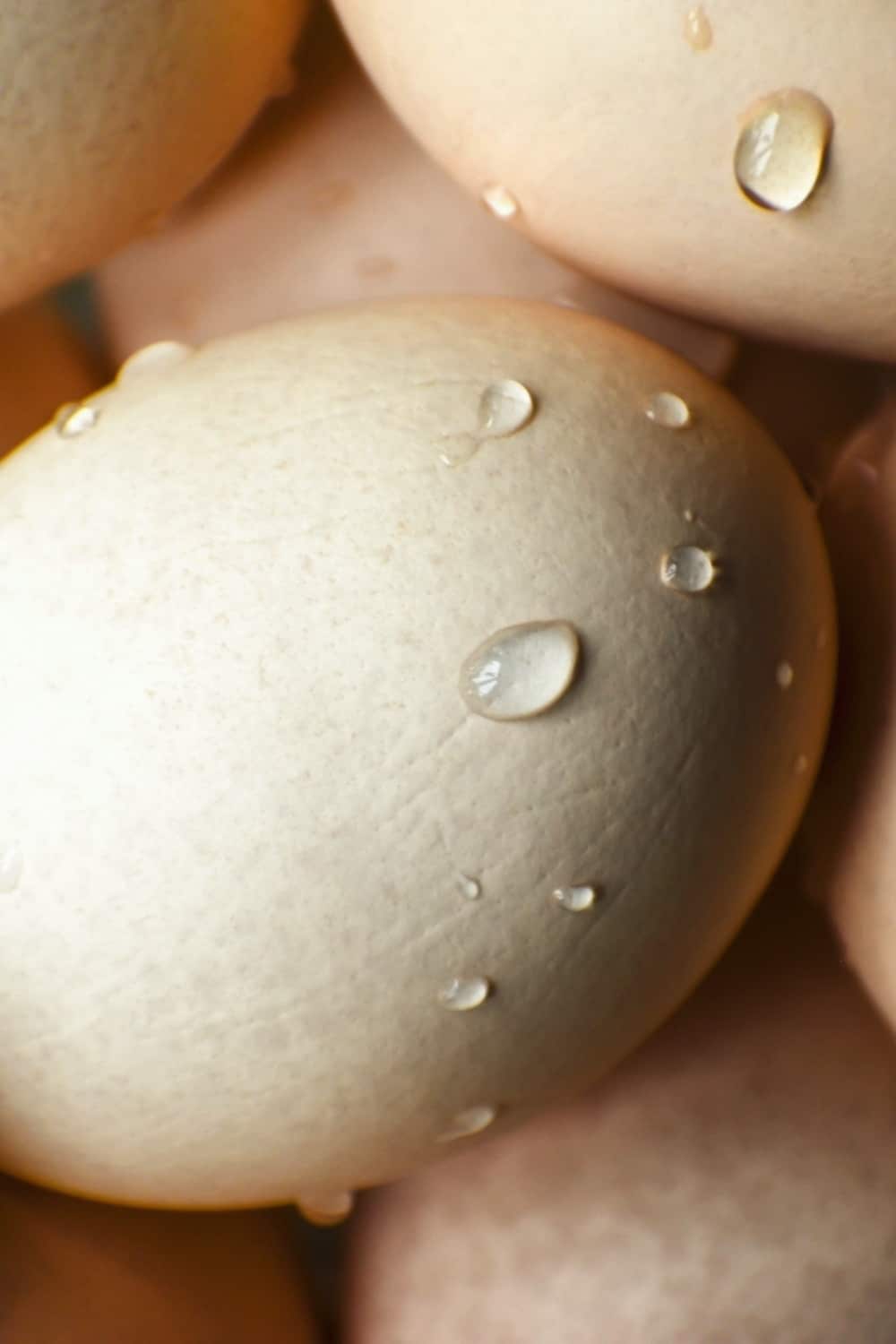
You certainly can reboil soft-boiled eggs just like you can reboil hard-boiled ones. However, when dealing with soft-boiled eggs, it is best to reboil them in the same way that you boiled them the first time.
I guess that you are not satisfied with that soft egg yolk, so you want it to become a bit harder. In order to do that, you should return that egg to a pot and boil it a little bit more until it becomes hard enough.
Generally speaking, to achieve a hard-boiled egg, it is best to boil it for about 10-12 minutes. After that time frame, your egg should be perfectly fine. Also, if you want to make the eggshell easier to peel, you should put the egg in ice water or a cold water bath after the boiling process.
If it’s too hot and burns your fingers, you can use tongs to pull it out.
Can You Reboil Peeled Eggs?
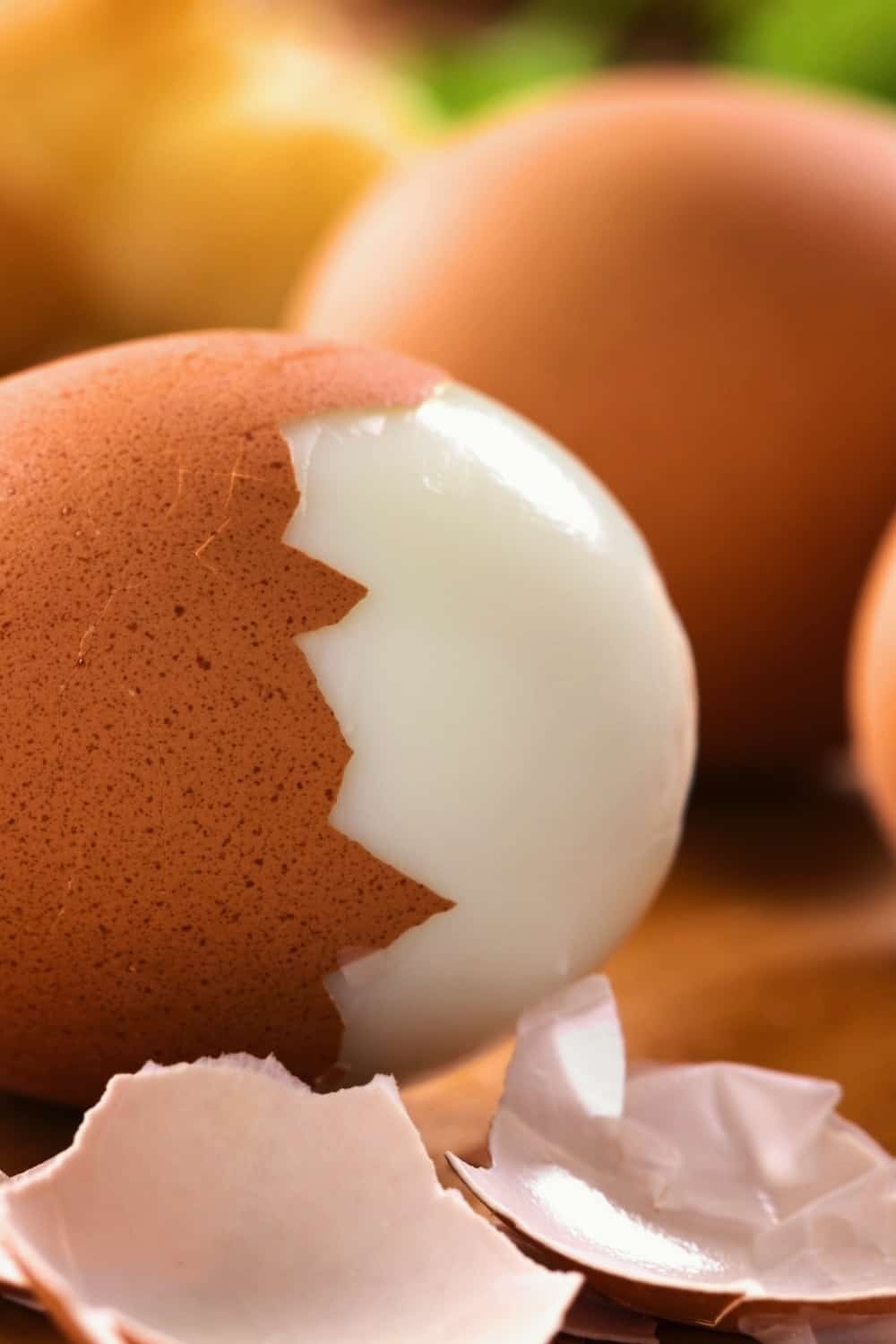
All these previously mentioned eggs still had their shells. However, the real question is “Can a peeled egg be reboiled?”. I can not say that it can be reboiled in a traditional way.
But, I can say that it can be reheated if the egg yolk is separated from the egg white, i.e. the egg yolk should be reheated since reheating egg white will cause its rubbery texture.
So, if you decide to do that, it is best to reheat the egg yolk in the microwave. You just have to put it in the microwave-safe bowl and microwave it in 30-seconds intervals until it darkens enough.
After that, you can freely pull it out of the microwave, return it to the egg white, and enjoy that delicious and healthy egg of yours.
FAQs
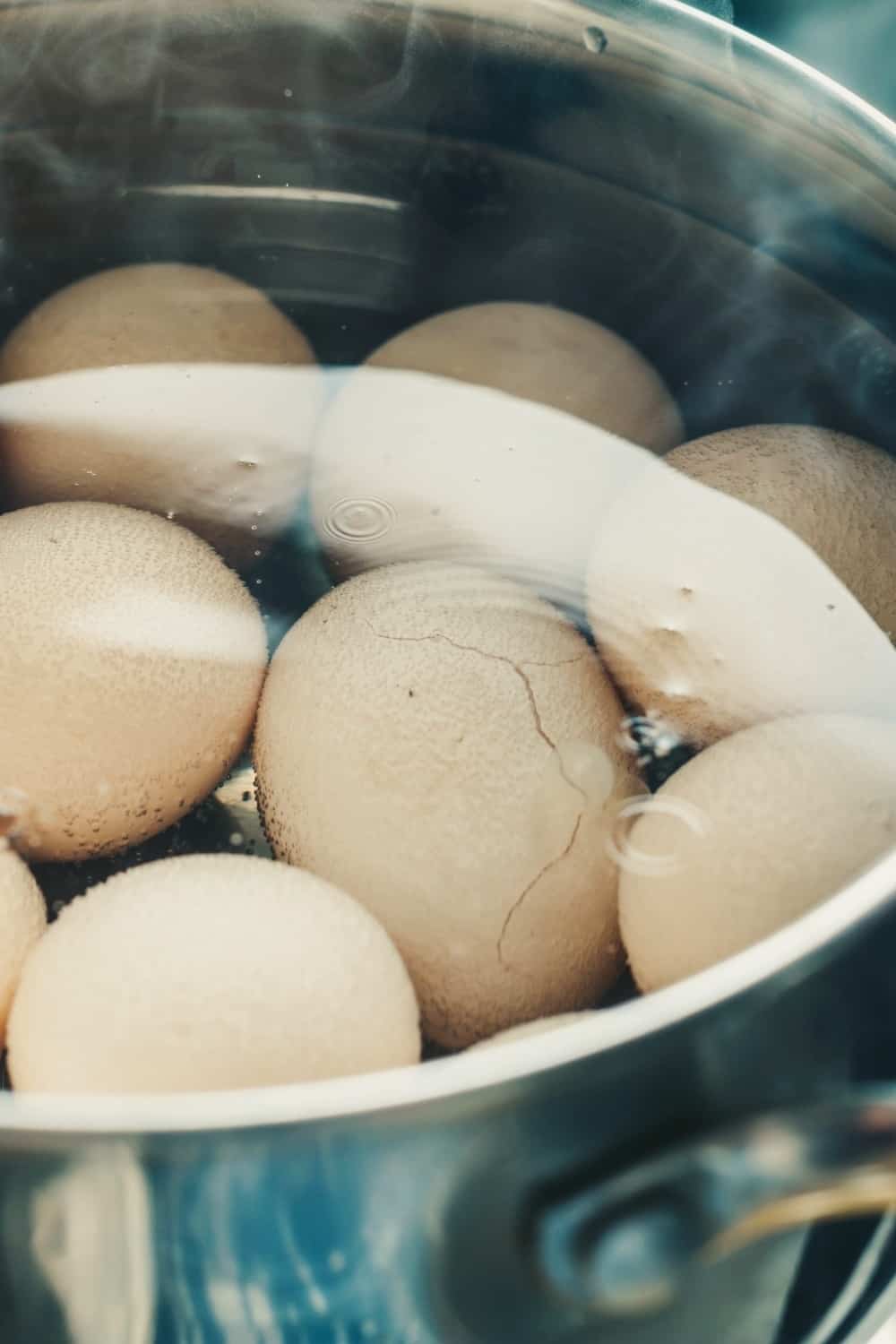
What To Do If Your Eggs Are Overcooked?
When you accidentally achieve overcooked hard-boiled eggs, a green coating around the yolk appears. This is caused by hydrogen sulfide that is released into the egg white when overcooked.
However, you can still eat that overcooked egg and it is best to mix it with mayonnaise and veggies. You can also make so-called deviled eggs where eggs are filled with a paste made from mayonnaise and mustard.
And, you can also use those eggs to make a topping for the salad alongside ingredients like lettuce and roasted chicken.
How Long Can You Boil Eggs?
In order to avoid potential food poisoning or some kind of disease like salmonella, it is extremely important to cook your eggs the right way.
So, if you want to achieve soft-boiled runny yolk and set white, it is best to boil eggs for about 3 minutes.
For slightly set yolk and set white, boil your eggs for 4 minutes.
For firmer yolk and white, eggs should be boiled for 5 minutes.
Hard-cooked eggs with slightly soft egg yolks should be boiled for 6-7 minutes.
And finally, if you want to achieve firmly hard-boiled eggs, you should boil them for 8-9 minutes.
Can You Reheat Eggs After They Have Been Refrigerated?
Yes, you can reheat eggs after they have been refrigerated. It is even recommendable to refrigerate your boiled egg for a few hours after the boiling process and then use the bowl method to reheat it.
In this article, the exact guideline on how to reheat eggs by using the bowl method is explained. So, check it out.
Final Verdict
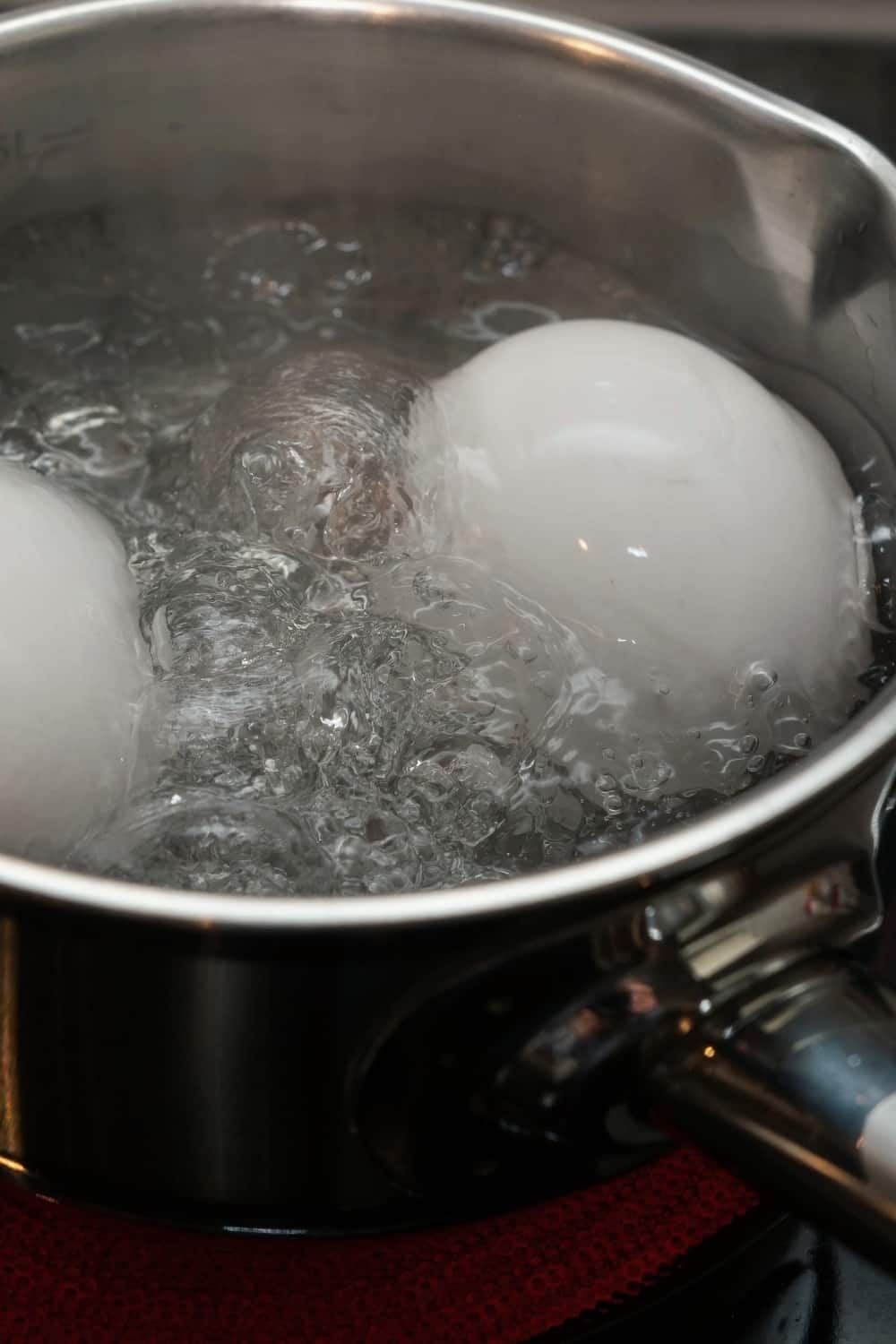
Eggs are really important in the world of cooking and there are not many substitutes for them when it comes to most recipes. But, if you want to enjoy those delicious large chunks of one of the most eaten foods in the world, you must know how to handle it properly.
Since people tend to boil eggs in most cases, one of the most common questions is “Can you reboil eggs?”. In this article, I explained why it is possible to reboil eggs and what are the methods to do that properly.
To sum it up, the best method to reboil eggs is the bowl method and the worst is the microwave method. Other important information is in the text, so it is best to carefully read it in order to find out what interests you the most.


